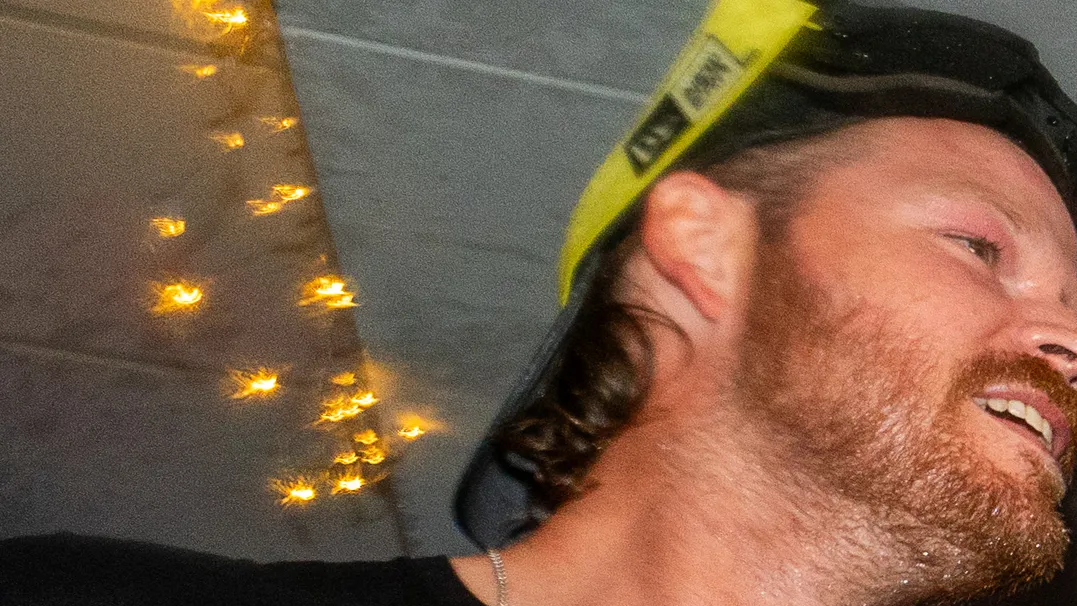
As the hours passed and the evening of Oct. 3 quickly became the early morning hours of Oct. 4, Pat Murphy, on the heels of a soul-snatching, season-ending playoff defeat, sat with a group of his closest friends and lamented not so much the loss that had been but an even greater, more unfathomable loss that was yet to come.
There, inside the Milwaukee Brewers clubhouse, the manager convened with outfielder Christian Yelich and general manager Matt Arnold, two of his closest allies. Together, the three men talked – and cried – out a morose reality that few others outside the room were aware of.
“We sat there and talked about could this be – this was probably Ueck’s last game,” Murphy said. “Our pain really went toward that.”
All season had felt like borrowed time with Bob Uecker, who died Thursday. Murphy knew it. If something is borrowed, it means it has to be given back. He just didn’t want to acknowledge that until he had to.
And he knew was that Uecker was in a lot of pain.
The 90-year-old legendary Brewers broadcaster had been in a private battle small cell lung cancer since early in 2023. Few, even within the team, knew of what Uecker was dealing with behind the scenes, partly because he would still show up to the stadium in the same way he had for six decades, with the same smile and the same, ‘Howdy, boys!’ greeting and the same vigor to call a game.
But what those three knew was that game, a crushing final-inning defeat in a winner-take-all playoff game with the New York Mets, was that was not only likely the last time the voice of the Brewers would put on a headset, but it was also probably the final time they would see their friend at the ballpark.
They had all spoken with Uecker that night in the wake of the loss. How the broadcaster – who was larger than life yet somehow connected to an entire city and state in a way that made everyone feel like they knew him – carried himself that evening, Murphy said, sums up the person Uecker was.
Look no further than how Uecker, whose final call sounded like that of someone who knew that it was his last game after 54 years in the booth, put his arm around Devin Williams in the clubhouse and made the all-star closer smile after the worst game of his life.
“That epitomizes Ueck,” Murphy said in a phone interview the Journal Sentinel. “He thrived in that clubhouse. I say things like, ‘He was a tremendous teammate.’ He thrived around people. He didn’t treat anyone like, ‘You know what I’ve done in my life?’ He treated everyone as equal.
“The way he remembered players that were just brought to the big leagues, maybe they were gonna be there only a couple of days, maybe for a week filling in for someone else. He knew their names, he knew something about them. He had a special way of connecting to people and making guys feel important. The guys loved having him around.”
So did Murphy.
In his first year as a full-time manager in the majors, it was Uecker who made Murphy feel at ease more than anyone else.
“When you think about the greatness of your job, the past 10 years seeing Bob Uecker every home game was a highlight of the job,” Murphy said. “We would just sit there and talk. I would bring up as much as I could the impact he had on so many people. Even people who had never met him, just the impact of his voice and the way they became so comfortable and interpreted the game through him. It’s rare in our lifetime that we get to be around someone so special. And so simple. He just wanted to do that – bring us the games.”
Fans noticed that Uecker was not always on the call for home games in recent years. But what they weren’t aware of, Murphy said, was how much Uecker pushed through to come out to the park as often as he did, including for Game 3 of the Mets’ series last October.
“He was in huge pain this year. Huge pain,” Murphy said. “He didn’t want anyone to know about it. There were very few people who knew about the battle he had going on with lung cancer. Very few people knew about it. He was in a lot of pain. He had great people helping him to try to get through it.
“But he wanted to keep it quiet and show up everyday, no matter what. He was most comfortable around the boys. He just was. He loved being in that clubhouse. He thrived there.”
Without his friend physically present in the clubhouse, the Brewers manager will choose to think of his friend as with the team in a different way.
“I told somebody else today, he won’t miss a game. It’s cliché, but heroes will be remembered. Legends never die,” Murphy said.
“He won’t miss a pitch.”
